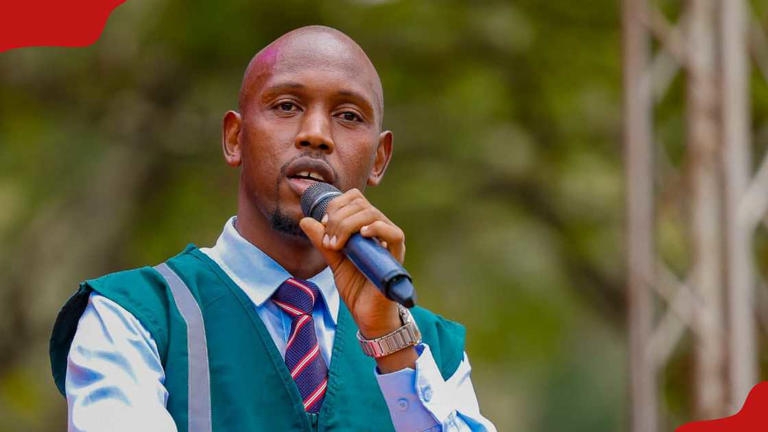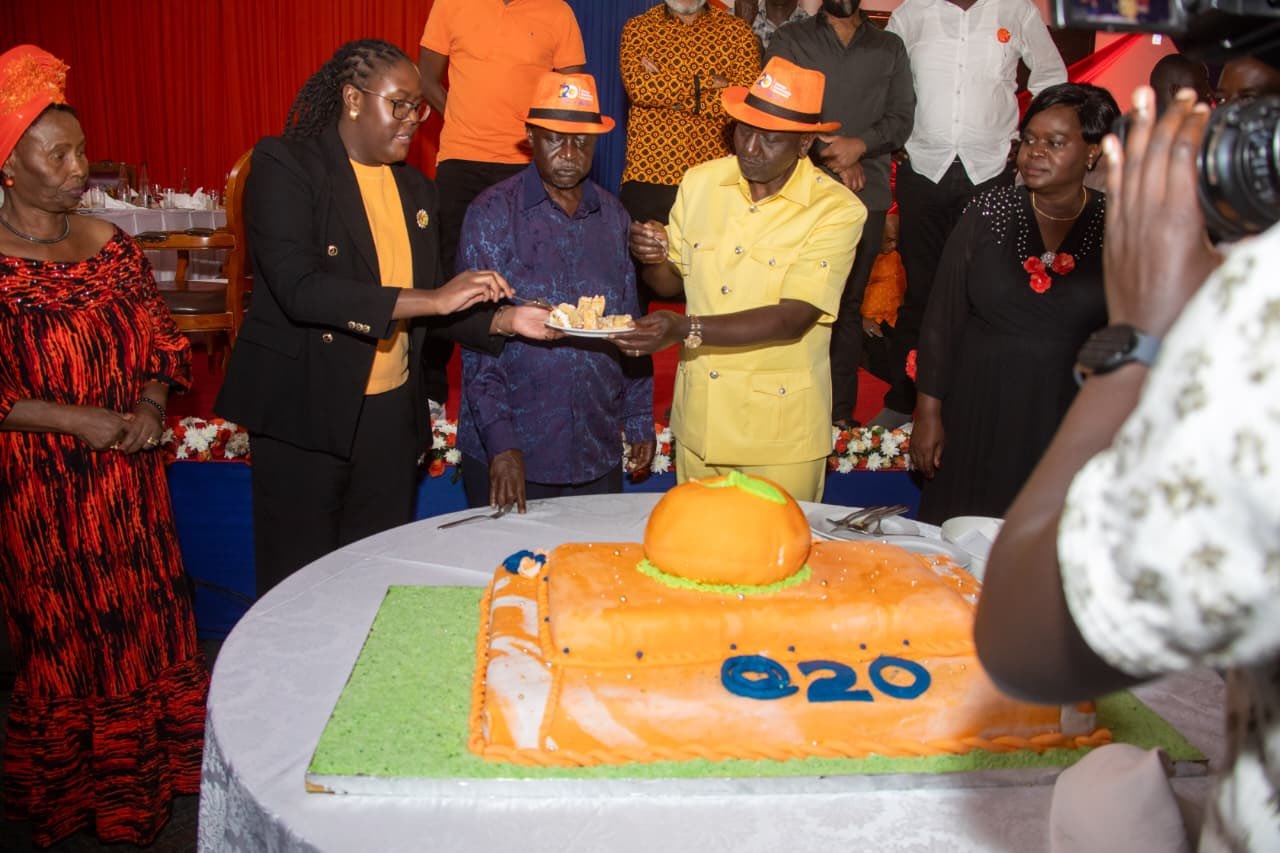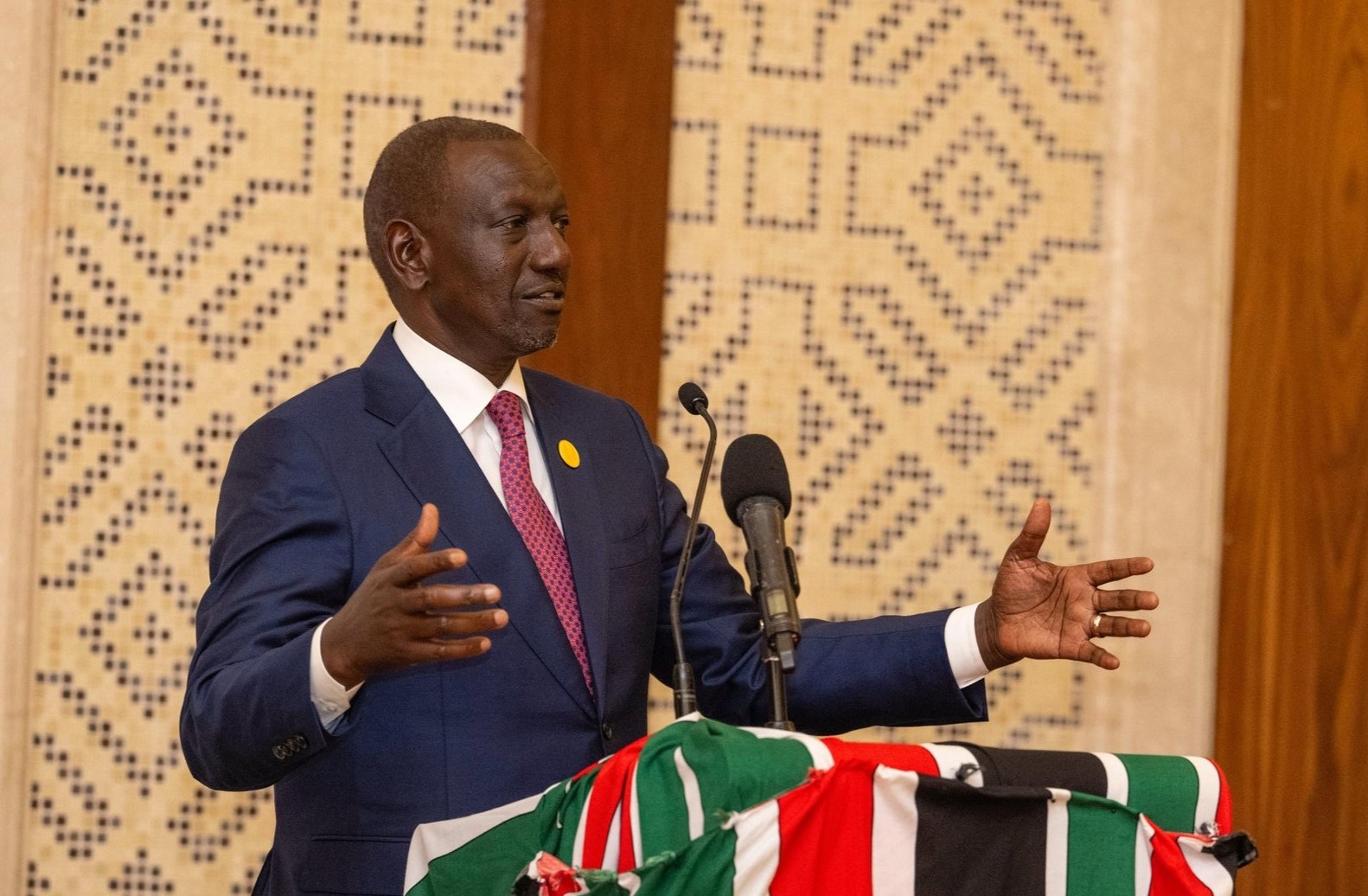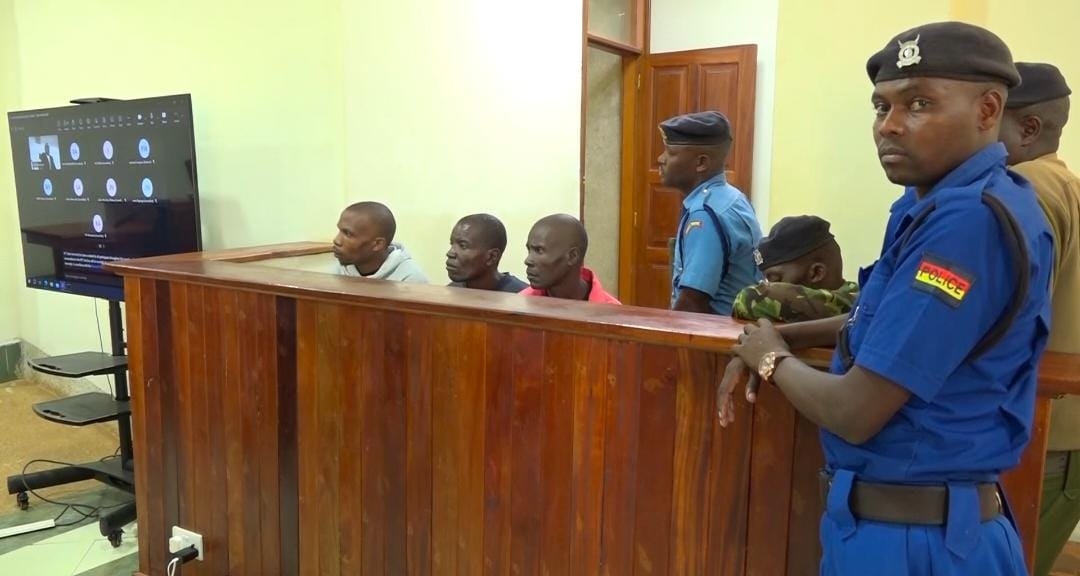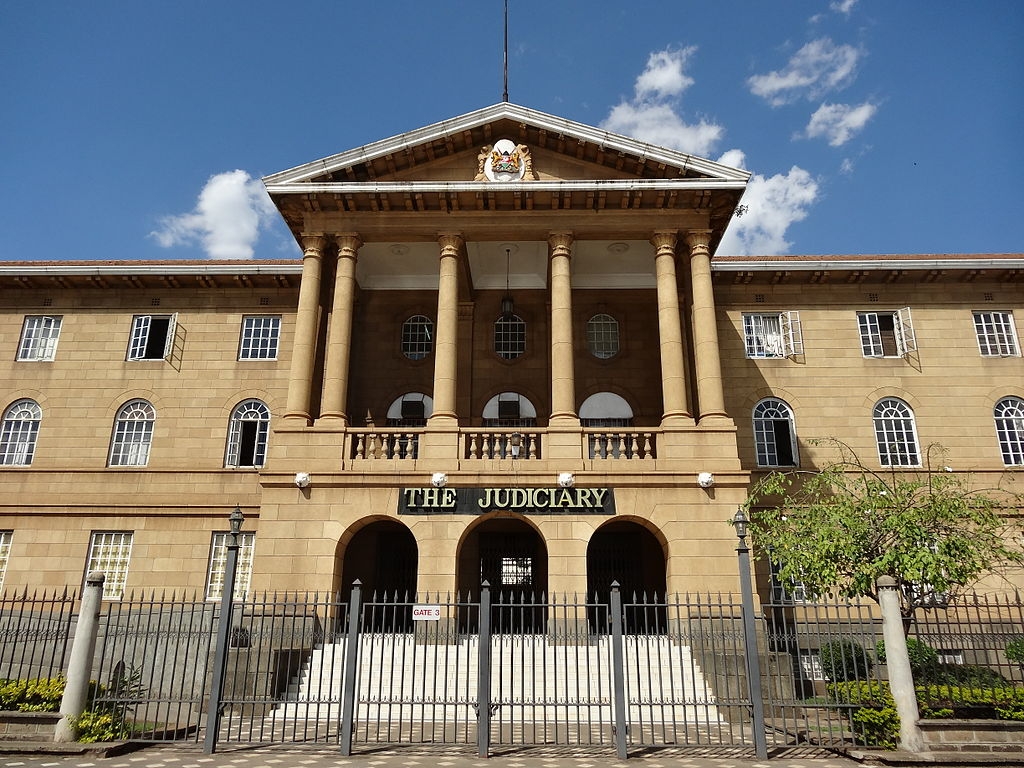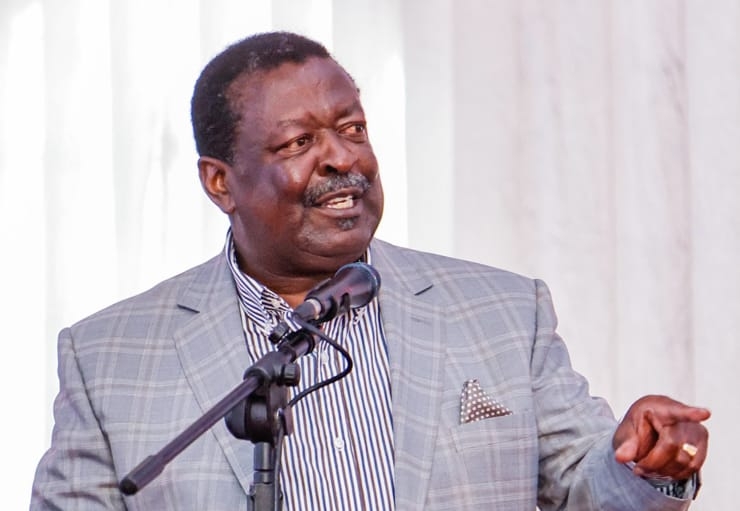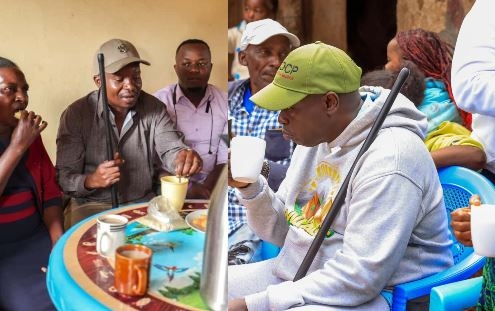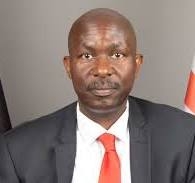When Grace* (not her real name) was sexually assaulted in 2004 by a boy she knew, that was the beginning of many years of emotional suffering.
Grace, 14 at the time, had just had her first period and she had no sanitary towels to protect her dignity at her vulnerable time of the month.
Her mother, a single mum, was unable to afford Sh50 to buy her sanitary pads, so she ended up asking her friend for the money.
“The boy asked me to pay him back the money, but I told him I didn’t have any," she said.
He then ambushed her one evening when she was walking home from soccer practice, and with his three friends, sexually assaulted her.
Grace did not report the matter to the authorities because she was scared of the stigma she would face once everyone found out.
She was also of the opinion, at such a young age, that such cases in her community were rarely followed up by the police because of lack of evidence and bribery of officers.
The boy went free and ended up assaulting her for a second time years later.
Coincidentally, 2004 was the year when the National Police Service, formerly the Kenya Police Force, established gender desks at police stations to help ease reporting of gender-based violence cases.
Gender desks are designated desks at police stations where victims can report cases of domestic and sexual violence.
In some stations, they have been assigned special areas within the precincts with ample space and privacy for victims, while in others, they are literally desks where victims get to report cases.
However, having a desk is just not enough to get victims of gender-based violence the service they need.
When I would go to ask about the progress of the case, they would call out from the reception that, ‘The woman with the rape case has come,’ and everyone was listening in the station. I would wish for the ground to swallow me
INSENSITIVE RECEPTION
Mary* had an unpleasant experience reporting a case of assault at a Kibera police station.
She had been assaulted by clients who frequented the bar and restaurant she used to work at in 2020.
“My boss did not believe me and when I said I would speak up about it, he said he would fire me,” she said.
When she gained the courage to finally report the perpetrators, she felt frustrated for having to repeat her story every time she went to follow up on the case.
“When I would go to ask about the progress of the case, they would call out from the reception, ‘The woman with the rape case has come,’ and everyone was listening in the station. I would wish for the ground to swallow me,” she said.
The handling of victims at these gender desks is wanting, with many questioning whether the officers are adequately trained to do so.
Veteran journalist Njeri Rugene recently said in a recent press conference that on one occasion when she had accompanied a victim she was doing a story on to report a case, she encountered very insensitive officers.
“They spoke insensitively to the victim, causing more trauma to her because the kind of language they used was so vile, I cannot repeat it. The kind of language that puts blame on the victim of the crime,” she said.
TRAINING THE OFFICERS
Women’s rights groups have been coming out in the past years to give training to officers on how to receive victims, collect evidence and provide proper support to victims at these desks.
Christine Ogutu from the Centre for Rights Education and Awareness (Creaw-Kenya) said they have been training officers manning the desks across the counties to improve their capacity in evidencing and handling survivors.
“We want officers to be adequately trained to respond with a trauma-informed and survivor-centred approach across the country to help ease access to justice,” she said.
Police gender desks are also tasked with referring victims of sexual gender-based violence to hospitals for treatment.
Huruma police station gender officer Mutua* said they usually refer victims to Mama Lucy Hospital, which is their nearest level 5 hospital and has structures in place to treat victims of violence.
Mama Lucy also receives referrals from Dandora, Kayole, Pipeline, Tassia and Embakasi.
With referrals from all these areas, it is easy for the facility to become overwhelmed.
She said they rely heavily on clinics set up by the Medicins Sans Frontiers (MSF), also known as Doctors Without Borders, back in 2016.
However, some victims like Mary have reported being referred elsewhere after the hospital they went to had no expert who could collect evidence samples at the time.
That is why the government came up with the Policare Policy Initiative in November last year.
The policy is meant to be a one-stop shop for victims of GBV, where they can report, get medical care, counselling and even legal assistance in one place.
First Lady Margaret Kenyatta said during the official launch of the policy that it would help reduce the trauma victims go through when they have to narrate their ordeal all over again, for example, in front of a judge.
The idea of the system is to have everything in one place, easily accessible, when the case is being addressed.
However, the system is still being implemented and so far, it is just in a handful of stations across Nairobi county.
Rights groups praised this policy, saying it would revolutionise the handling of GBV cases.
They asked that it be fast-tracked to reach all counties and all stations because gender desks are still not up to standard.
In the meantime, these gender desks are the only resort for many victims of SGBV.
Yet, many often lack the capacity to support victims who seek help from their abusers.
Victims often find themselves spending the night at these gender desks or offices because the abuser is often in their houses.
FUNDING THE DESKS
Creaw deputy director Mike Wachira said allocating more resources to these desks is the only way to help fight the scourge of gender-based violence.
He said police stations are underfunded and this undermines the gender desk.
"At a Kilifi police station we visited in 2021, the gender officer told us that everything in the room was borrowed," Wachira said.
"Everything from the chairs to the tables was an exhibit in a case. So when it was time for the hearing, the room would be left bare as the exhibits would need to be presented in court."
At the Ongata Rongai police station in Kajiado, the gender desk faced similar challenges as well until well-wishers came to their aid.
Victims of gender-based violence would often have to sleep on the floor in the station with their children while seeking asylum from their abusers.
The Officer in Charge, Ezra Mworia, said the Children and Gender Centre at the police station is separate from the cells, so, unlike inmates or remandees, the victims seeking help there do not have food catered for them.
Often, police officers feed the victims from their own pockets for the duration they are at the centre.
Mworia was grateful when a Kajiado-based organisation, A Pack A Month, donated mattresses, diapers, foodstuffs and sanitary pads to the gender desk.
“We can now help victims who stay here with comfortable accommodation as they get attended to. The mothers with children even have diapers provided for their children now,” he said.






